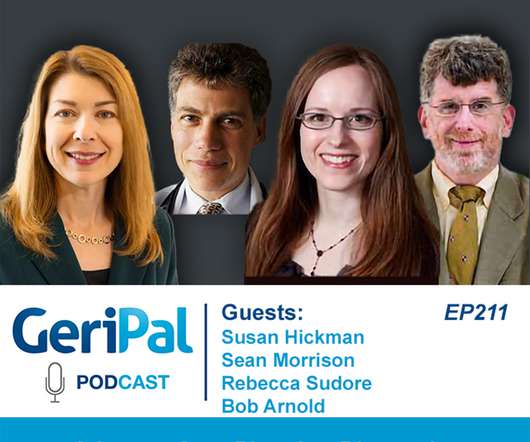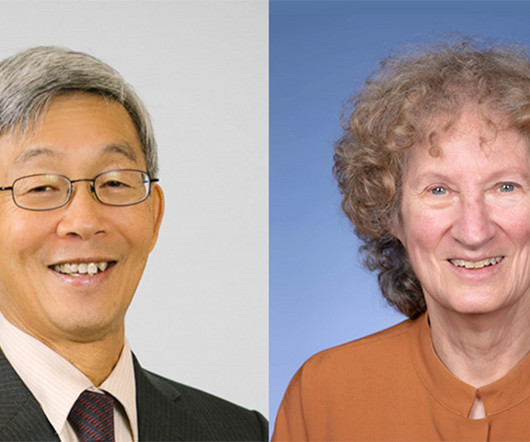Caring for the Unrepresented: A Podcast with Joe Dixon, Timothy Farrell, Yael Zweig
GeriPal
JANUARY 16, 2025
So like as an example, in New York State, if someone has no healthcare proxy that they’ve designated, there is a legal structure by which we can assign a surrogate, whereas other states don’t have that same structure. To have a social worker who’s dedicated in many places. Tim 01:40 Wonderful to be here.











Let's personalize your content